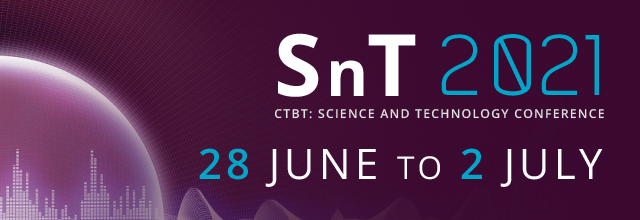Speaker
Description
NET-VISA is a Physics-Based Generative Model of global scale seismology. The model includes a description of the generation of events which include under-water and atmospheric events, the propagation of waveform energy from the events in multiple phases, and the detection or mis-detection of these phases at the network of stations maintained by the International Monitoring System (IMS) as well as a model of noise processes at these stations. The model and its associated inference algorithm has been deployed by the International Data Center (IDC) to generate a bulletin of events known as VSEL3. This bulletin is currently being used by the analysts to generate the LEB bulletin and in future it is planned to replace the current GA-based SEL3 bulletin with VSEL3.
The current version of the inference algorithm relies on the existing IDC libraries to compute the error/coverage ellipse of events. In this work we have added a new module to directly use the NET-VISA model to estimate the 90% confidence ellipse. We describe the details of the Markov Chain Monte Carlo (MCMC) estimation and demonstrate on a study of ground truth events from the International Seismological Center (ISC) that the new confidence ellipses are more accurate.
Promotional text
MCMC estimate of origin errors added to NET-VISA

